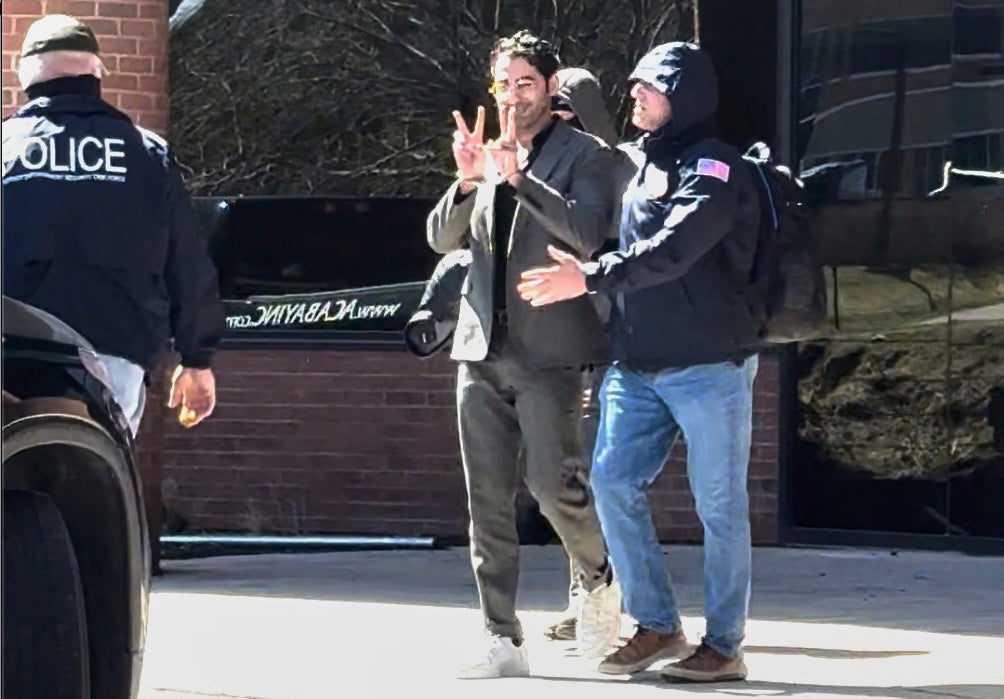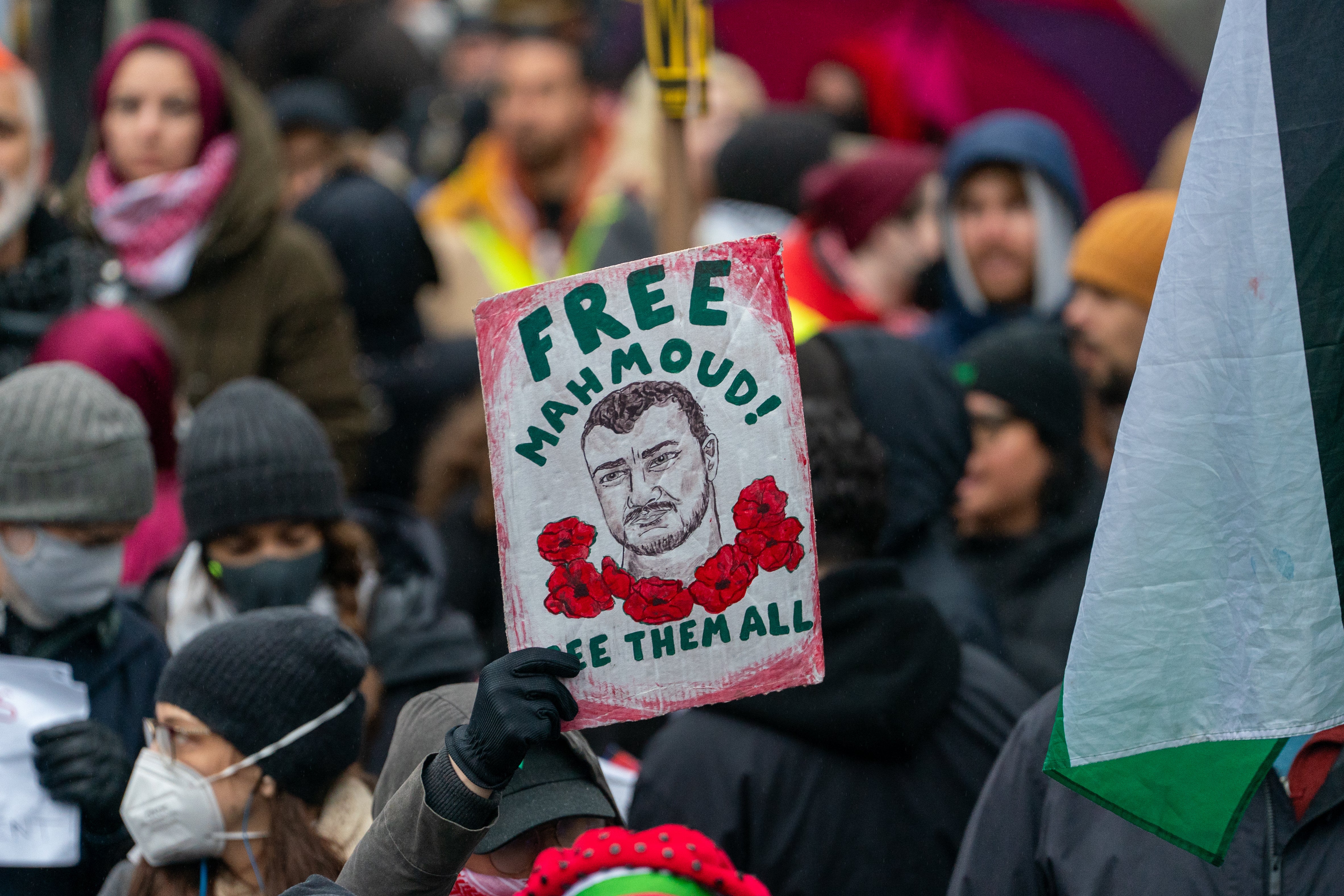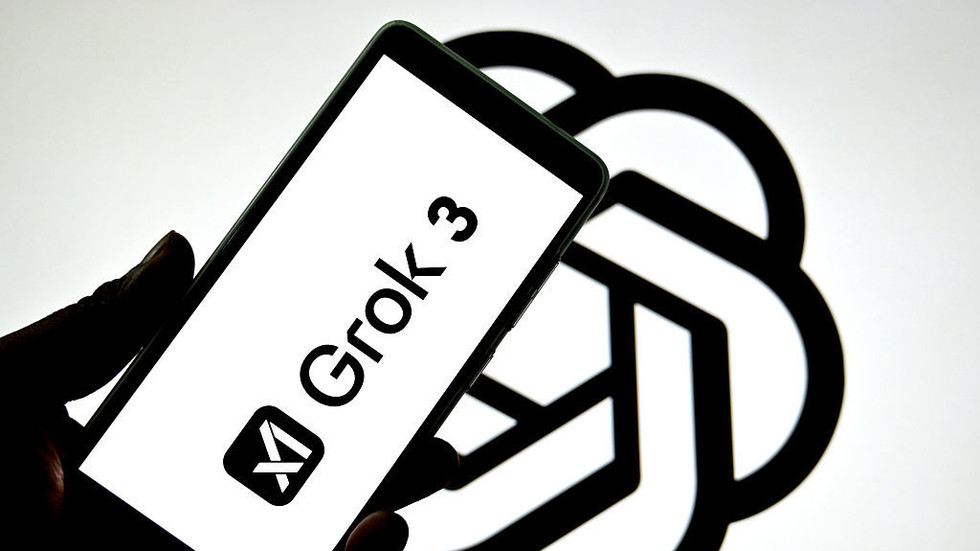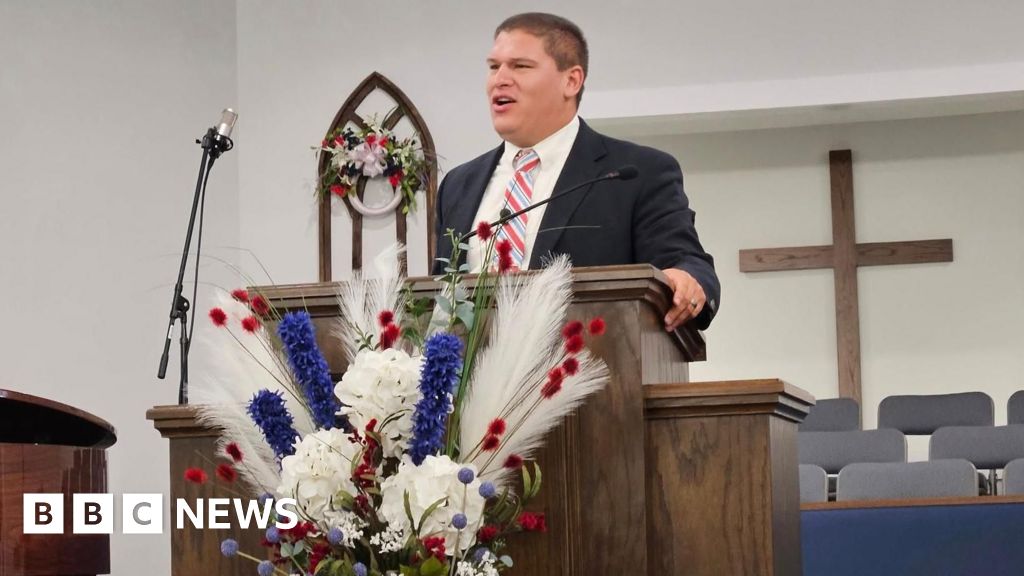Mohsen Mahdawi walked out in handcuffs shortly after arriving for a citizenship interview inside the U.S. Citizenship and Immigration Service office in Vermont.
Mahdawi, a lawful permanent resident who has held a green card for at least 10 years, was anticipating a scheduled interview in Colchester as part of his citizenship process on Monday. Instead, hooded federal agents walked him into a car and drove off.
Born and raised in a refugee camp in the West Bank, where he lived until moving to the United States in 2014, Mahdawi is among the latest Columbia University student activists marked for removal by Donald Trump’s administration for their Palestinian advocacy.
A federal judge on Monday swiftly granted a temporary restraining order blocking his removal from the state after Mahdawi’s attorneys filed a petition with the court challenging his arrest and detention. He remains in the custody of Immigration and Customs Enforcement, according to the agency’s inmate locator.
Members of Vermont’s congressional delegation called his arrest “immoral, inhumane and illegal” and demanded his “immediate” release from detention.
Mahdawi “walked into an immigration office for what was supposed to be the final step in his citizenship process,” they wrote.
“Instead, he was arrested and removed in handcuffs by plainclothes, armed, individuals with their faces covered,” lawmakers added. “These individuals refused to provide any information as to where he was being taken or what would happen to him. This is immoral, inhumane, and illegal. Mr. Mahdawi, a legal resident of the United States, must be afforded due process under the law and immediately released from detention.”

Secretary of State Marco Rubio has revoked hundreds of student visas over campus activism, leading to several high-profile arrests of international scholars who are now awaiting deportation hearings in remote jails across the southern United States while the administration conflates protests against Israel’s war in Gaza with antisemitic violence.
After taking office, Trump signed an executive order that declares U.S. policy is to “ensure” noncitizens “do not … advocate for, aid, or support designated foreign terrorists and other threats to our national security.” Another executive order pledges “immediate action” to “investigate and punish anti-Jewish racism in leftist, anti-American colleges and universities” with a promise to “deport Hamas sympathizers and revoke student visas,” according to a fact sheet from the White House.
Mahdawi’s petition in federal court states that it “appears” he was similarly targeted for removal from the country under the Trump administration’s determination that there is “reasonable ground to believe” his presence “would have potentially serious adverse foreign policy consequences for the United States.”
That language has also been used to target Mahmoud Khalil, another Palestinian student activist from Columbia.
“Public statements by government officials, including statements by the President and Secretary of State, establish that [the administration] detained Mr. Mahdawi to punish and silence him because of his constitutionally protected speech, beliefs, statements and associations,” his attorneys wrote.
Mahdawi’s attorneys contend that his arrest violates his First and Fifth Amendment rights.
“Mr. Mahdawi is fearful that, if he loses his lawful permanent resident status and he is removed to the West Bank, he will experience the same harassment, detention, and torture that his family has experienced, and would be in even more danger in light of the campaigns that have targeted and spread lies about him,” his attorneys wrote.

Like Khalil, Mahdawi was among the prominent faces of Columbia’s student-led campus demonstrations against Israel’s campaign in Gaza, making him a prime target for far-right pro-Israel activist groups that have shared information about student activists with federal law enforcement.
At Columbia, where he enrolled in 2021, Mahdawi helped organize the Palestinian Student Union (Dar) with Khalil. His attorneys describe him as a “committed Buddhist” who “believes in non-violence and empathy as a central tenet of his religion.”
Mahdawi was featured in a segment on campus protest for 60 Minutes on CBS News in December 2023, during which he described how he confronted an agitator who shouted antisemitic chants.
“I was shocked, and I walked directly to the person, and I told him, 'You don't represent us,' because this is not something that we agree with,” he said. “To be antisemitic is unjust, and the fight for the freedom of Palestine and the fight against antisemitism go hand in hand, because injustice anywhere is a threat to justice everywhere.”
Last week, Louisiana immigration court judge Jamee Comans determined that the Trump administration can deport Khalil for his involvement in campus demonstrations. The administration’s claims that Khalil poses “adverse foreign policy consequences” for the United States is “facially reasonable,” the judge said.
Khalil is also challenging the constitutionality of his arrest and detention in a federal courtroom in New Jersey, where his attorneys successfully moved jurisdiction to handle a legal challenge to his arrest.

 1 day ago
6
1 day ago
6









